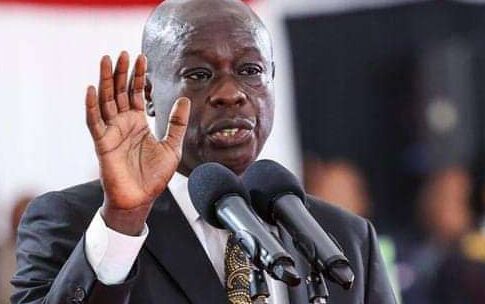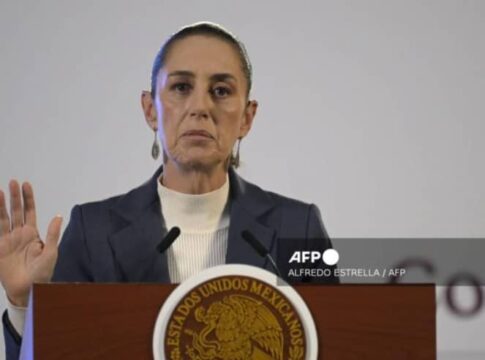In a dramatic turn of events, Kenya’s Deputy President Rigathi Gachagua is fighting for his political survival as impeachment proceedings gain momentum. Gachagua’s unflinching outspokenness, once hailed as a strength, has now become a liability, threatening to topple him from the nation’s second-highest office.
Gachagua’s remarkable ascent began in 2017 when he won the Mathira constituency seat, previously held by his elder brother, Nderitu Gachagua. His bold and blunt style quickly gained attention, particularly during the 2022 elections. Defying then-President Uhuru Kenyatta’s endorsement of Raila Odinga, Gachagua allied with William Ruto, ultimately contributing to Ruto’s presidential victory.
However, Gachagua’s past experiences have come back to haunt him. His tenure as Kenyatta’s personal assistant and district officer under former President Daniel arap Moi’s regime has been marred by allegations of heavy-handedness. Critics argue that this history of authoritarianism has carried over into his current role.
READ MORE: President Tinubu Reflects On Nation’s Progress, Outlines Vision On 64th Independence Address
The deputy president now faces a slew of serious allegations, including corruption, money laundering, gross misconduct, insubordination, and bullying public officers. A staggering 291 out of 349 MPs have signed the motion for his removal, leaving Gachagua’s future precarious.
Political analyst Bobby Mkangi notes that Gachagua’s inability to “consolidate the support of his base and the politicians around him” has severely weakened his position. Mkangi suggests that Gachagua’s tendency to alienate fellow politicians may ultimately seal his fate.
Gachagua remains defiant, insisting that he speaks truth to power and champions the interests of central Kenya’s descendants of independence struggle icons. However, detractors argue that his comments often promote tribalism and marginalize sections of Kenyans.
Senator Danson Mungatana recently criticized Gachagua’s statement that government appointments and contracts should favor those who voted for the current administration, saying it has “marginalized sections of Kenyans and created ethnic tensions.”
As Kenya watches with bated breath, Gachagua’s impeachment proceedings raise fundamental questions about the nation’s political landscape. Will his unapologetic truth-speaking be his undoing, or can he navigate these treacherous waters and emerge unscathed? Only time will tell.
Would you like more information on Kenyan politics, Deputy President Gachagua, or the impeachment process?




